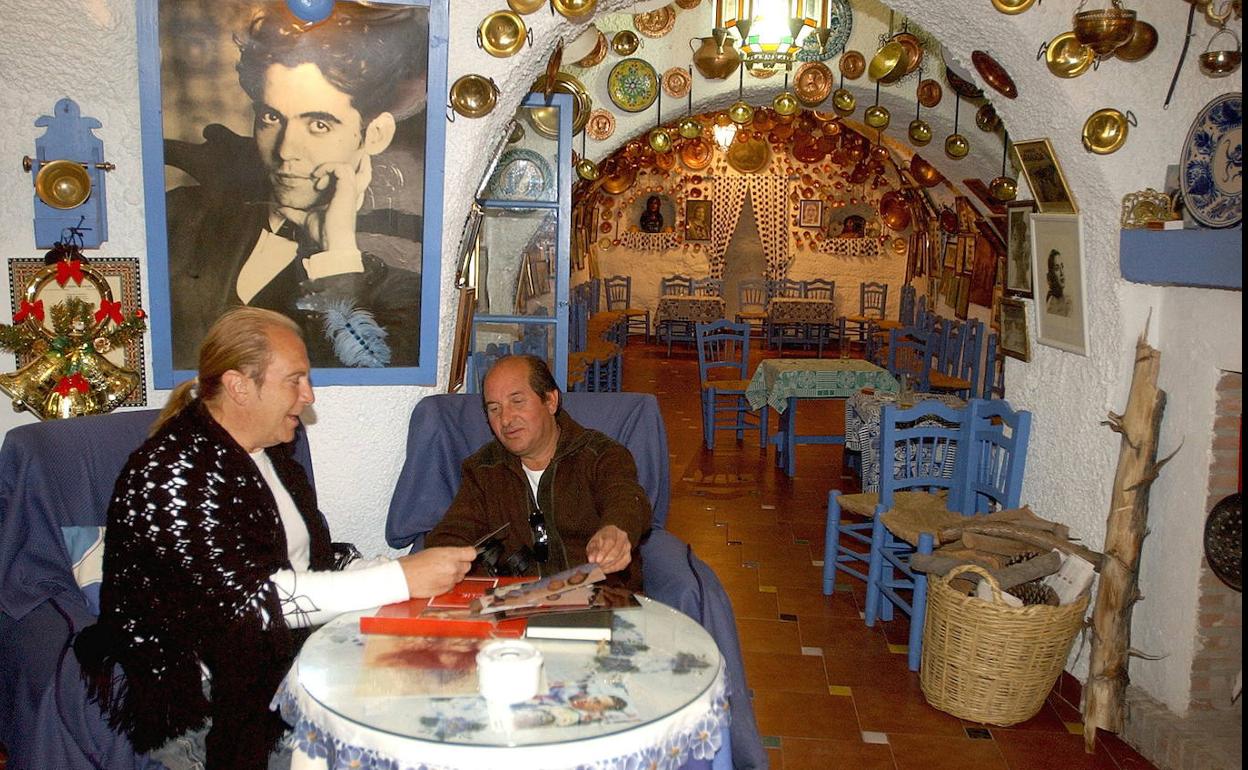

Sections
Highlight

Today, 22 November, is the Day of the Andalusian Gypsy (Día del Pueblo Gitano Andaluz), an occasion that is celebrated by the more than 500,000 Gypsies who reside in the region, a community that represents 50 per cent of the Roma population of Spain.
The occasion highlights the huge contribution the Gypsies have made to the culture and history of Andalucía, especially their flamenco, a style of music and dance whose origins are undoubtedly rooted within the Gypsy culture.
The day was first recognised by the Andalusian government in 1996, because it was on this day in 1462 that the first Gypsies arrived in Andalucía. Since then, the Gypsies of Andalucía have integrated into society more so than in any other area in Europe, and their huge contribution to the culture and customs of the region cannot be denied.
However, 22 November is also used as an opportunity to alleviate the many prejudices they have faced throughout the past five hundred years. Many events are organised to combat the stereotypes that have made the Gypsies one of the most feared and misunderstood races.
Legends and myths surrounding the Spanish Gypsies have abounded since they first arrived in Spain, and many of the contradicting theories concerning them originated from misinterpretation and inversion.
History demonstrates that the Gypsies were primarily ignored by the Inquisition, for they were not thought to be of any great threat, but once the Reconquista was complete, the Catholic Monarchs enforced the first of a series of laws that would continue for almost 300 years in an attempt to wipe out their lifestyle and customs.
Prejudicial attitudes towards the Gypsies, however, have continued in Spain, as in the rest of the world, for many years, mainly because of the countless false notions regarding their customs. Because of their association with sorcery, they were accused of practising witchcraft and black magic. One of the most absurd accusations claims that they also practised cannibalism, a theory that many historians believe even the most imaginative mind could not afford the slightest credibility.
Racism towards the Gypsies, however, is offset by a romantic infatuation with their traditions. Many artists who visited Andalucía in the 19th and early 20th centuries found their lifestyle increasingly attractive in comparison to their own, especially Gustave Doré, George Borrow, Richard Ford and Walter Starkey.
Perhaps nobody could have promoted the romantic Gypsy culture better than Federico García Lorca, for he idealised them in much of his work, especially Gypsy Ballads (Romancero Gitano).
It was flamenco that opened the door of the Andalusian Gypsy way of life to the rest of the world. Many saw flamenco as a way of entering the Gypsies' inner circles, and this was a period when society slowly began to change its attitude towards them.
The Day of the Andalusian Gypsies is undoubtedly one of the most important institutional acts in Spanish history, because an adequate knowledge of the Gypsy culture will undoubtedly facilitate the eradication of the discrimination and injustices they have suffered.
Social entities all over the region that fight for the inclusion and equality of the Gypsy people will hold different events and activities to mark the day. These include educational programmes that highlight some of the hallmarks that have achieved worldwide and sociocultural recognition, like flamenco (which was declared a World Heritage Treasure in 2010), while highlighting the importance of valuing the vast contribution that the Gypsy people have made to Andalusian society.
Publicidad
Publicidad
Publicidad
Publicidad
Esta funcionalidad es exclusiva para registrados.
Reporta un error en esta noticia

Debido a un error no hemos podido dar de alta tu suscripción.
Por favor, ponte en contacto con Atención al Cliente.

¡Bienvenido a SURINENGLISH!

Tu suscripción con Google se ha realizado correctamente, pero ya tenías otra suscripción activa en SURINENGLISH.
Déjanos tus datos y nos pondremos en contacto contigo para analizar tu caso

¡Tu suscripción con Google se ha realizado correctamente!
La compra se ha asociado al siguiente email
Comentar es una ventaja exclusiva para registrados
¿Ya eres registrado?
Inicia sesiónNecesitas ser suscriptor para poder votar.